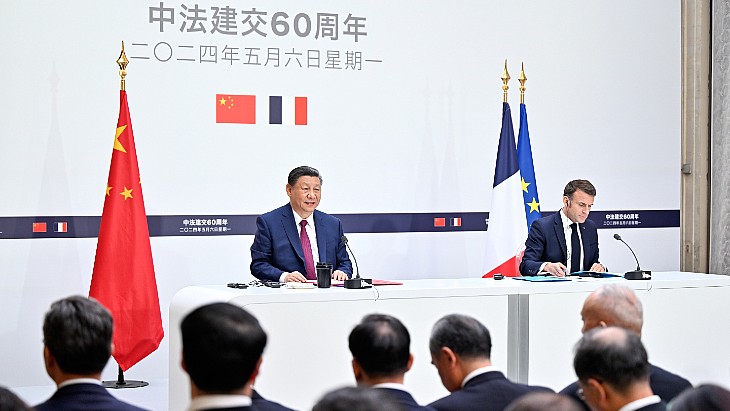Study highlights nuclear’s value to EU employment
.jpg)
According to the report, each gigawatt of installed nuclear capacity in the EU triggers EUR9.3 billion (USD10.4 billion) in annual investments both in the nuclear and related economic sectors, provides permanent and local employment to nearly 10,000 people and generates EUR4.3 billion in EU GDP. This means that every euro spent in the nuclear industry generates EUR5 in EU GDP and every direct job created in the nuclear industry creates 3.2 jobs in the EU economy as a whole. For comparison, the wind power industry (with an installed capacity of 160 GWe) supports just over 250,000 jobs in Europe and generates EUR36.1 billion in GDP, while the solar power sector supports just over 80,000 (with an installed capacity of 100 GWe).
.jpg)
"As one of the objectives of this study was to provide data on the economic contribution of the European nuclear industry up to 2050, decision-makers now have at their disposal a reliable forecast of the benefits that would be derived from the deployment of 150 GWe of nuclear power capacity throughout the European Union," said Sorin Elisei, senior manager at Deloitte Romania.
.jpg)
Looking ahead to 2050, if nuclear was to continue to account for one-quarter of the electricity mix in 2050 (150 GWe of installed capacity), the study predicts the industry would support more than three million jobs annually, generate EUR576 billion per year in GDP, boost tax revenues by EUR110.2 billion per year and provide households with EUR490.9 billion in disposable income.
"If Europe is serious about decarbonising its economy by 2050, then one-quarter of the electricity produced in the EU will need to continue to come from nuclear," Foratom Director General Yves Desbazeille said. "Not only will this enable the EU to achieve its carbon-free targets, whilst at the same time ensuring it has access to the energy it needs when it needs it, it will also provide a significant contribution in terms of economic growth and job creation."
Those currently employed in the coal industry could be retrained in order to fill the skills gap in the nuclear industry and nuclear can help maintain a European industrial base by providing a steady supply of low carbon power at an affordable cost, the study says.










_88592.jpg)

